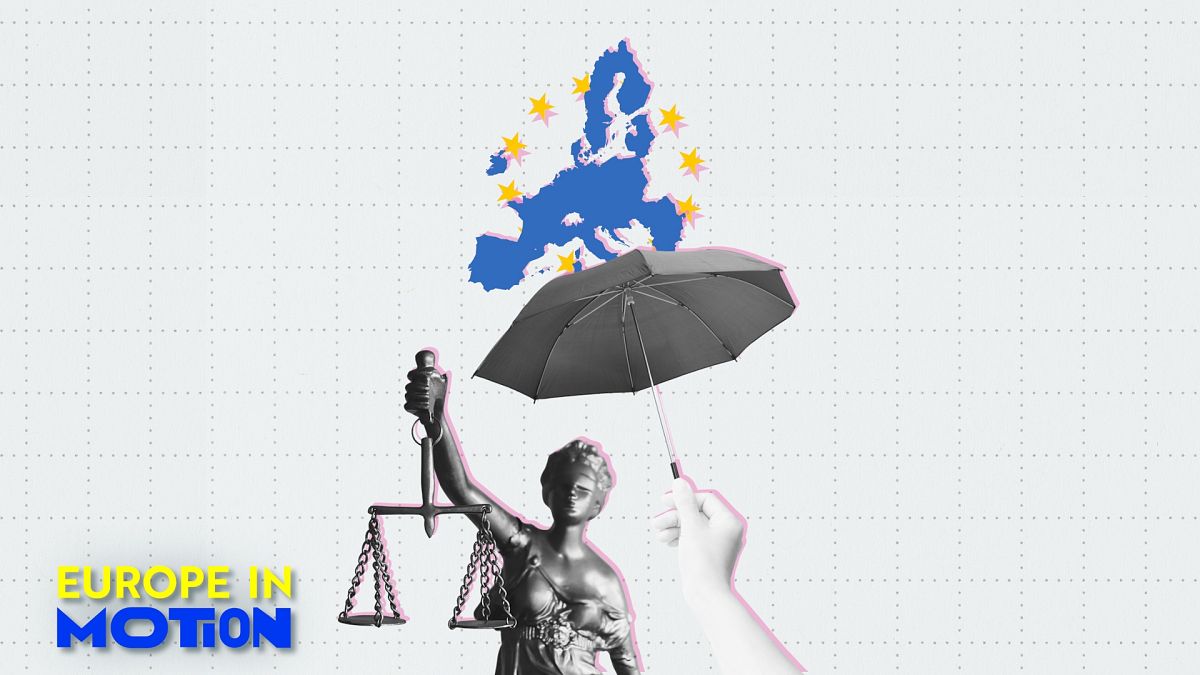ADVERTISEMENT
More than half of European Union citizens rate their country’s justice system positively, a recent Eurobarometer study revealed. Meanwhile, 36% express negative opinions about it.
Danish citizens are the most likely to rate the independence of their courts and judges highly, followed by people from Austria and Finland.
In all EU member states, at least half of those who rate their justice systems positively attribute this to a lack of interference or pressure from the government and politicians.
The proportion sharing this view ranges from 50% in Bulgaria and Romania to 71% in Austria and Finland.
By contrast, 30% of respondents in Bulgaria, 29% in Poland and 28% in Croatia rate the independence of their courts and judges as “very bad”.
Between 2024 and 2025, perceptions of judicial independence became significantly less positive in Romania, with a drop of nine percentage points, and in Cyprus and Estonia, which both experienced a decrease of seven percentage points.
People who have been involved in a dispute that went to court in the last two years are less likely to believe in the independence of courts and judges compared to those who have not been involved in such a dispute.
Meanwhile, Polish respondents, more than people in other countries, say that no interference or pressure from government and politicians “very much” explains their positive rating of the justice system’s independence in their country.
On the other hand, the lowest proportions sharing this view are observed in France (14%) and in Cyprus (15%).
Self-employed respondents tend to rate the independence of courts and judges in their country as less favourable compared to those who are unemployed or manual workers.
Men are also slightly more likely than women to say that no interference or pressure from government and politicians explains their positive rating of the level of independence of the justice system in their country.
When communicating with courts in the context of judicial proceedings, almost half (47%) of respondents would prefer to communicate through electronic means, while 44% would prefer to communicate using paper.
